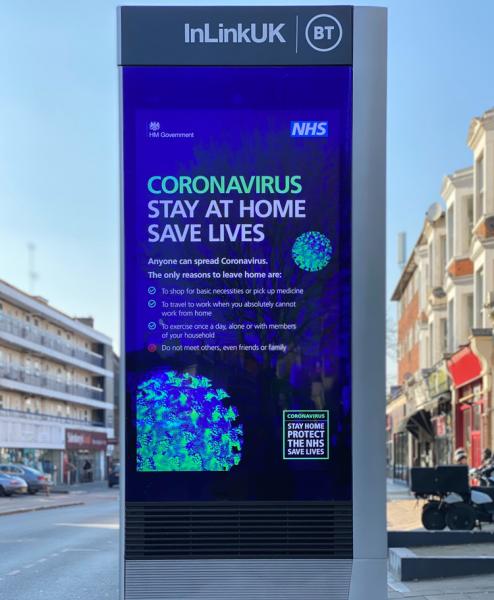
The UK Government has been in the eye of the storm recently. From no-masks to masks in stores; from ‘return to work’ to ‘work from home;’ a school meal voucher scheme U-turn, and summer exam results mishap – the government has frequently ‘pivoted’ on both strategy and messaging. Clear and consistent messaging has been a central criticism of the Johnson administration – unexpected given the Prime Minister’s simple and effective strategy that delivered ‘Get Brexit Done’ and a resounding 2019 general election victory.
Even though the next election is four years away, the government needs to change tack and maintain clear and concise messaging if it seeks to maintain its majority. For young people who cannot yet vote but whose educational prospects have suffered as a result of COVID, let alone the general population, frustration levels may only increase. The government is consumed by its response to the pandemic, Brexit negotiations and potential ‘no deal’ preparations. Remember that word Brexit?
However, there is still time for the government to make amends to fix its communications strategy despite current struggles. YouGov’s Voting Intention Tracker indicates that the Conservatives and Labour are polling neck and neck. Given recent challenges and Labour’s ‘reinvention’ under its new leader Sir Keir Starmer, this is remarkable.
If businesses were to follow such a communications strategy, the result would be share-price volatility and a decline in both customer and employee confidence. Accordingly, modern-day large corporates often invest in their communications via rigorous and consistent messaging strategies. With the world of communications expertise available to the government, it would do well to heed the lessons of business.
The government must focus on maintaining a clear internal communication matrix. The government’s communications strategy is often at odds with itself, with members of the government contradicting each other. An example being the Secretary of State for Northern Ireland’s recent assertion that the Internal Market Bill would break a certain covenant of international law, only to be contradicted by the Home Secretary, stating otherwise. Message alignment is critical for public confidence.
Crises are different from campaigns, and messaging should reflect this nuance. During a crisis, governments must be frank with the public and lean towards under-promising and over-delivering, rather than setting goals that are unlikely to be met and then having to make a U-turn on that commitment. For example, Prime Minister Johnson’s claim of setting up a “world-beating operation” for testing and tracing by 1 June sounded great in principle. However, when reports in September detailed that no coronavirus tests were available in the top ten COVID-19 hotspots in England – the public, of course, cried foul.
The government should learn from business and acknowledge that frequent U-turns and unkept promises saps public confidence and may haunt them in a future election.
COVID-19 has had a dramatic impact on the lives of us all. Many of the country’s youth have missed out on six months of education, 750,000 have lost their jobs, with businesses up and down the country struggling to keep afloat. Though the government has announced a raft of incentives to support the economy, with the rate of infection steadily increasing if it fails to gain the upper hand on managing the crisis – including its messaging – then many may not forgive them.
Borrowing an attack line from Labour, the government needs to ‘get a grip’ and remedy current frustrations by communicating effectively with a population fatigued by the pandemic. We expect the government to level with us and not sugar-coat what lies ahead. To restore the confidence of business owners and employees, they must regain trust by ensuring that no-one is left with behind and to use the Chancellor’s own words at the start of the crisis, do ‘whatever it takes,’ no matter the cost, to ensure the country weathers the current storm and gets back on its feet. The government must work even closer with businesses to understand their challenges and find solutions. There is no magic money tree, but with government debt having already surpassed GDP, now is not the time to put the fiscal support brakes on.
The power of an effective communications strategy cannot be understated. A recent Conservative Home poll placed the Prime Minister in the bottom third of a cabinet league table for net satisfaction ratings. This would suggest a needed change in the communications strategy. We continue to learn the lessons of COVID-19 and how the country can remain united. One inadvertent consequence of 2020 and this crisis may be the wholesale recognition of the importance of communications – for not only government but for us all.
Leon Cook is founder and director of Atticus Communications.
This article first appeared on the 1828 website.
